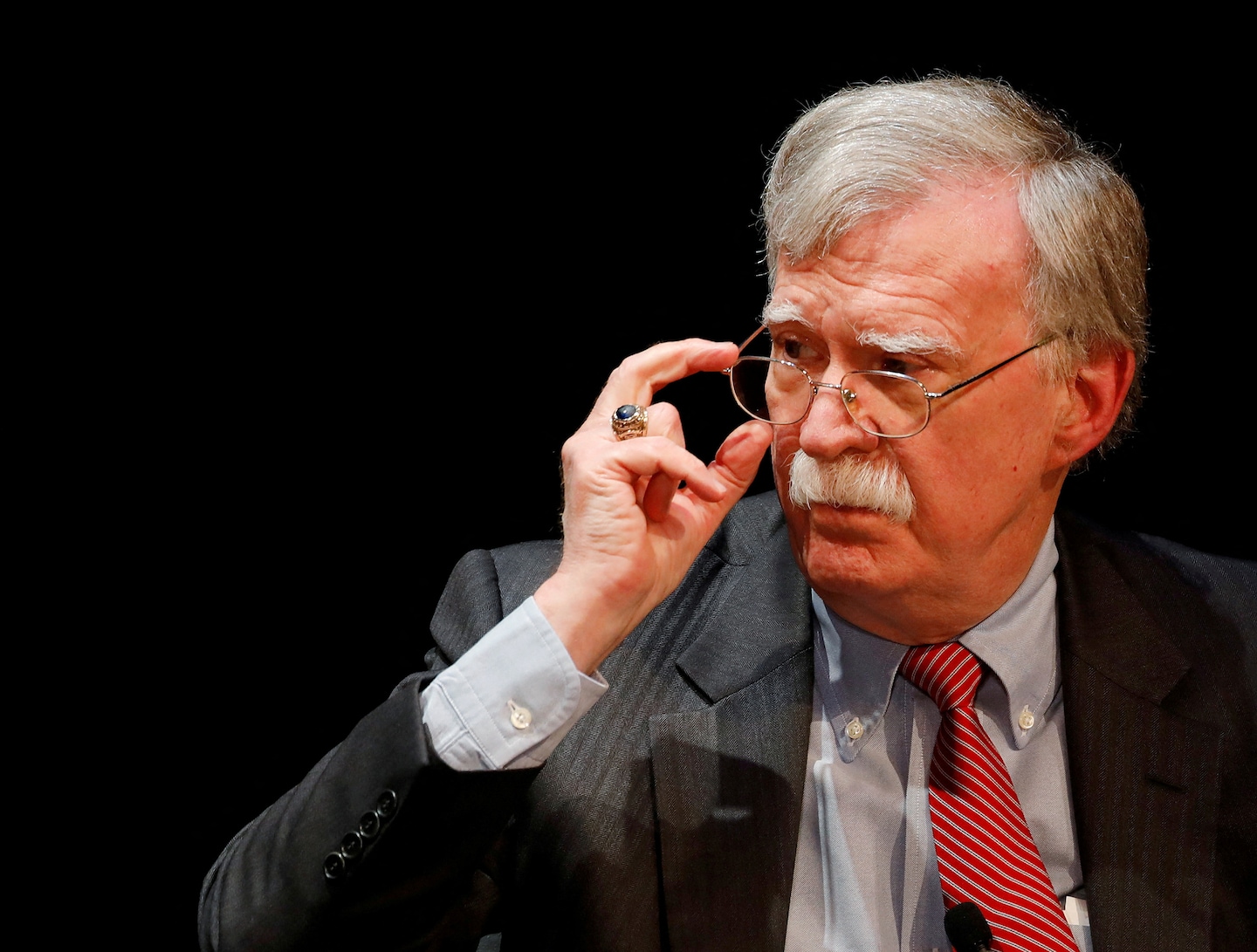Federal officials said the assassination of Bolton would have been retaliation for the US military’s killing in January 2020 of Qasem Soleimani, a top commander of the Revolutionary Guard, which is a branch of Iran’s military. Soleimani was killed in a drone strike in Baghdad.
Bolton served as national security adviser for 17 months under Trump, resigning in 2019 after reportedly disagreeing with the president over whether to lift some sanctions on Iran as a negotiating tool.
Bolton, who did not want the sanctions lifted, was a main architect of the Trump administration’s “maximum pressure” campaign of escalating economic sanctions and threats of retaliation for Iran’s alleged support of terrorism. The idea was to cripple Iran’s economy to the point that its leaders felt they must bargain away any nuclear ambitions and missile technology.
“While much cannot be said publicly right now, one point is indisputable: Iran’s rulers are liars, terrorists, and enemies of the United States,” Bolton said in a statement about the indictment. “Their radical, anti-American objectives are unchanged; their commitments are worthless; and their global threat is growing.”
Bolton was a major backer of the 2003 invasion of Iraq and served in senior arms control roles and eventually as ambassador to the United Nations under President George W. Bush.
After the Bush presidency, he worked at right-wing think tanks in Washington, at a global private equity firm and as a Fox News contributor.
He was criticized in July for saying in an interview on CNN that the Jan. 6 attack on the US Capitol was not a coup — and that he would know because he had helped planned coups.
“As somebody who has helped plan coups d’etat — not here but, you know, other places — it takes a lot of work, and that’s not what [President Donald Trump] did,” Bolton said in the interview. He did not provide details.
This is a developing story that will be updated. Josh Dawsey contributed to this report.
